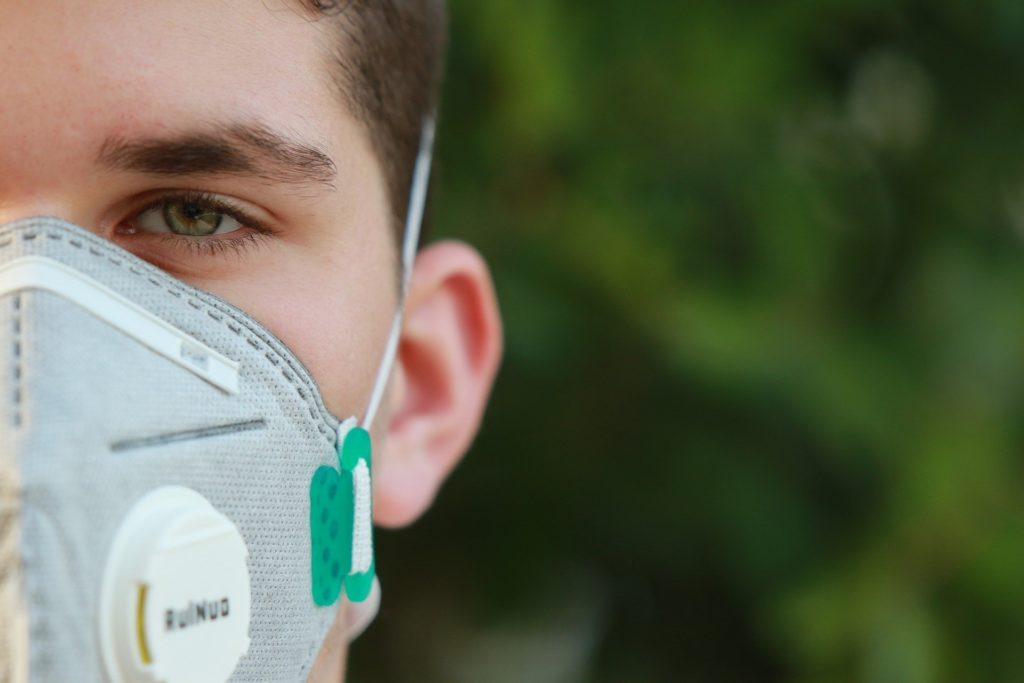The World Health Organisation (WHO) acknowledged on Tuesday that "evidence is emerging" on the airborne transmission of Covid-19, after a group of 239 international scientists sounded the alarm on this mode of contagion.
"We recognise that evidence is emerging in this area and therefore we need to be open to this possibility and its implications, as well as the precautions that need to be taken," said Benedetta Allegranzi, a WHO official, at a virtual press conference.
Until now, the official view of Covid-19 transmission supports two methods: droplets of saliva from an infected person, produced during coughing or sneezing, which are then inhaled by someone else in the vicinity; and particles picked up from surfaces contaminated by such droplets, and then introduced to eyes, nose or mouth by someone else.
However, the open letter by scientists argues that there is a third method.
The Third Method
In normal circumstances people produce aerosol droplets when singing or even speaking, which are much smaller than those produced in coughing and sneezing, and which because of their size, hang longer in the air and are also more likely to be carried on currents of air.
The case for aerosol transmission came to light when 53 members of a 61-member choir in the US became infected in March despite observing sanitary measures. Two of those infected died.
Scientists suggested that group singing was the source of the infection: a large group of people in a confined space breathing more or less in time with each other, and breathing in and out more forcefully than usual while singing.
Previously, the WHO had maintained that while aerosol can be a vector for infection, it would only occur in situations such as when a patient is intubated to be attached to a ventilator. The organisation remained unconvinced by successful laboratory attempts to replicate aerosol transmission, claiming that lab results are not as valuable as experience in the field.
“We have been talking about the possibility of airborne transmission, aerosol transmission, as one of the modes of transmission of Covid-19 as well as droplets,” said Dr. Maria Van Kerkhove, head of the WHO’s emerging diseases and zoonosis unit. “We will be issuing our brief in the coming weeks and that will outline everything that we have in this area.”
The scientists who signed the letter now suggest that attention to the existence of aerosol transmission might have mitigated the WHO’s official line on the usefulness of face masks – a shifting opinion that was also reflected by the official view in Belgium.
"We are aware of the article and are reviewing its contents with our technical experts," WHO spokesperson Tarik Jasarevic told Reuters on Monday.
At first, masks were only recommended for health workers, then only for Covid-19 cases with symptoms. Finally, when it became clear the disease was also spread by people with no symptoms, masks became recommended for everyone, and compulsory in some cases, such as public transport and for shop and restaurant staff.
The Brussels Times

